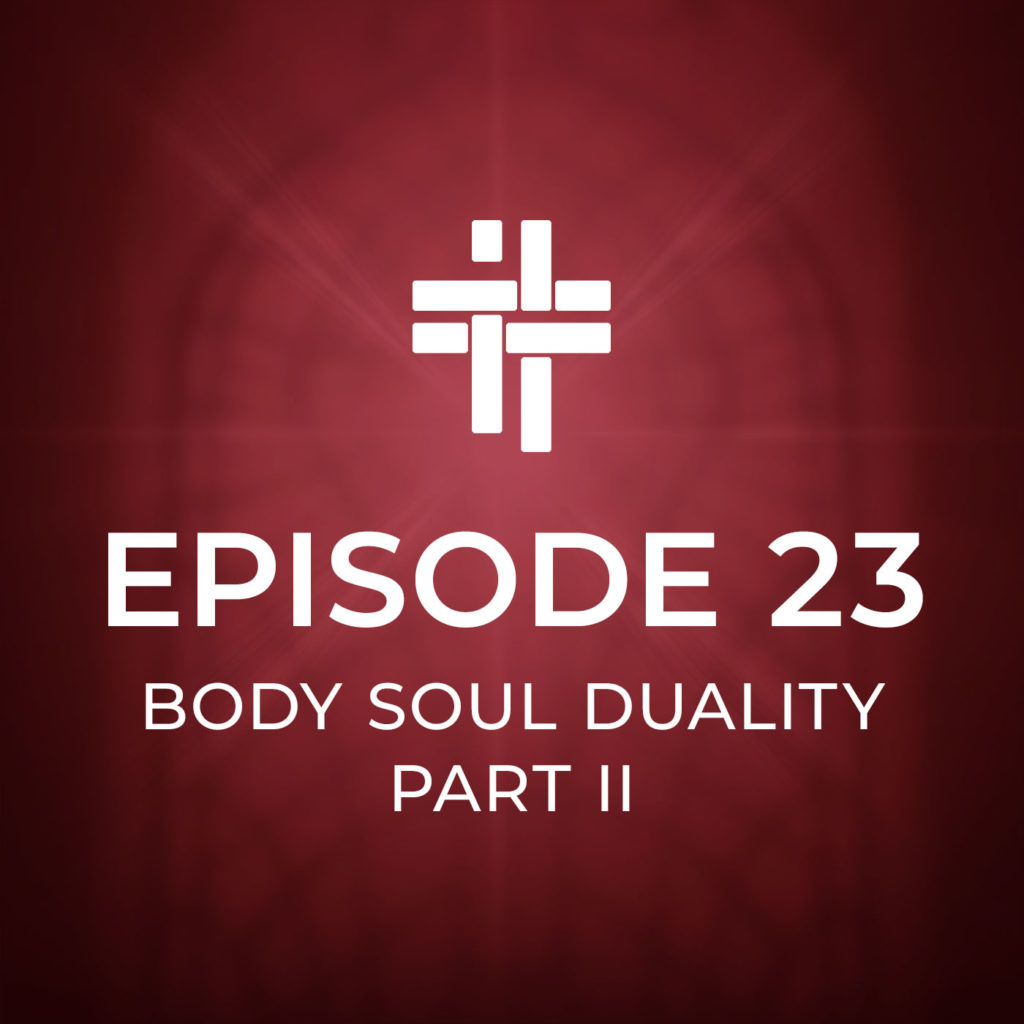If I believe I am intrinsically the Flesh Body and I believe in the promise of an After Life, then the Flesh Body must be resurrected. And, if our Flesh Body is resurrected, we need not concern ourselves with the nature of the soul. I hope you can see how this type of thinking puts all the attention on the Flesh Body, which becomes all that matters. But the belief that the Flesh Body is resurrected is false, incorrect, a widespread faulty belief.
Podcast: Play in new window | Download (Duration: 12:19 — 16.9MB) | Embed
Subscribe to the podcast
Credits
“Angel Share” and “Concentration” Kevin MacLeod Licensed under Creative Commons: By Attribution 3.0 License


